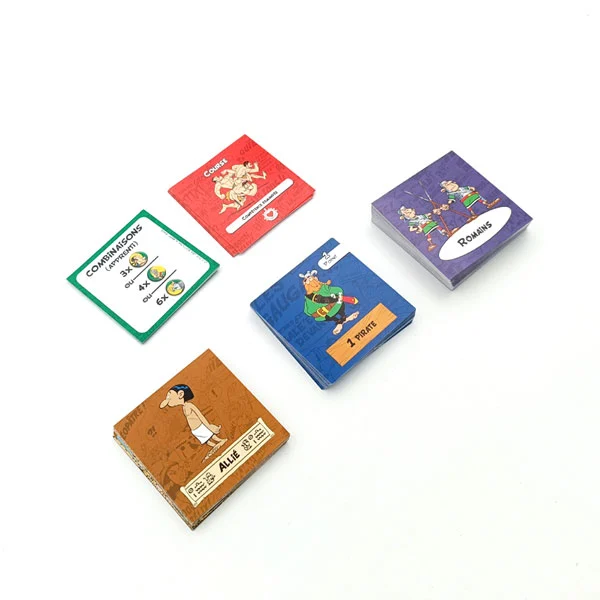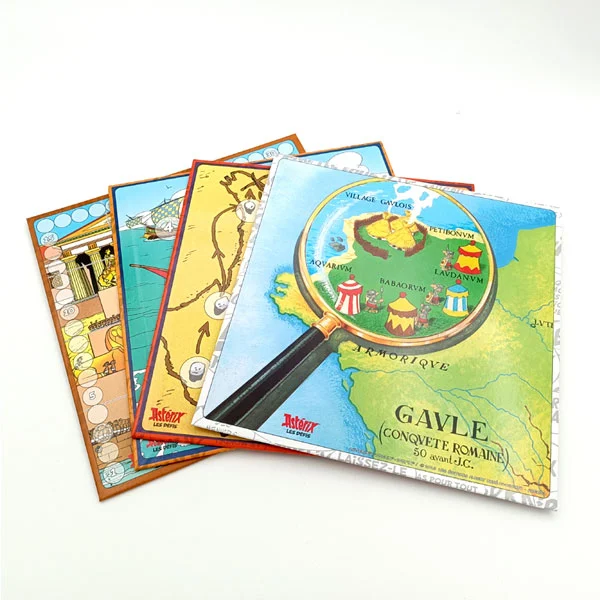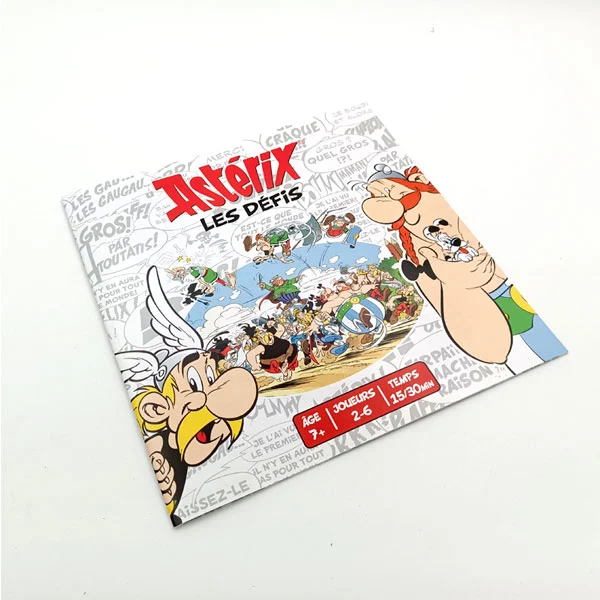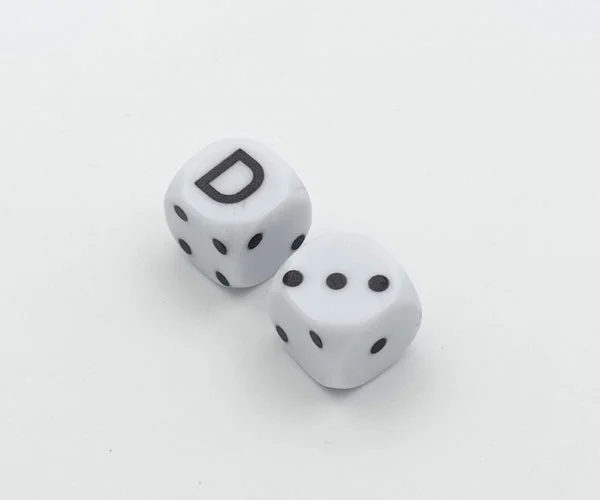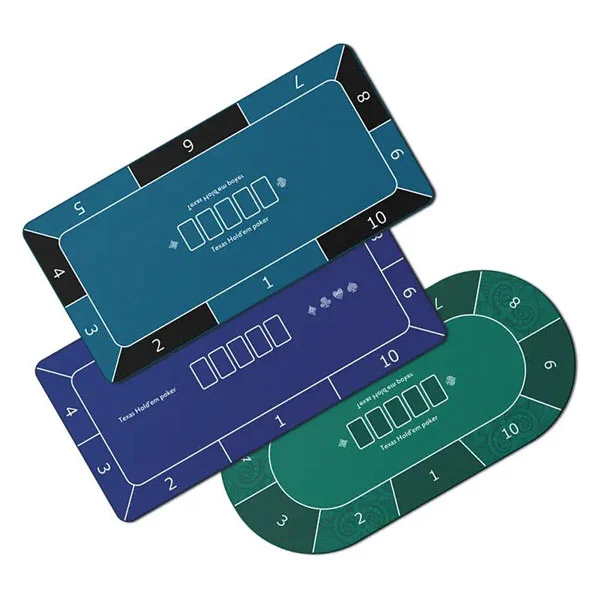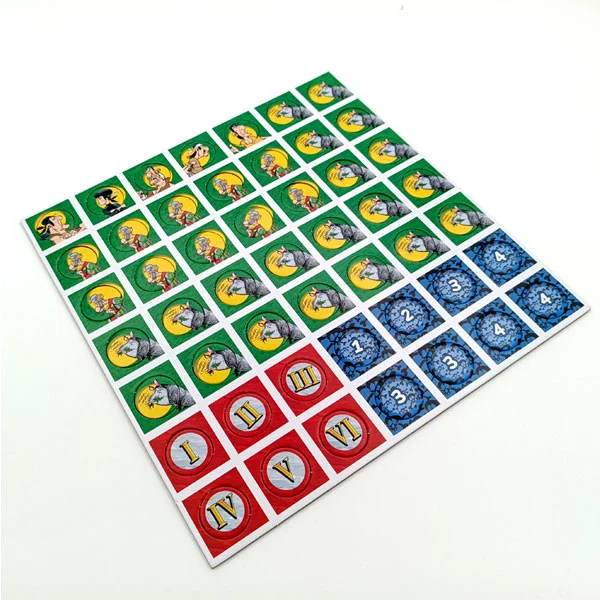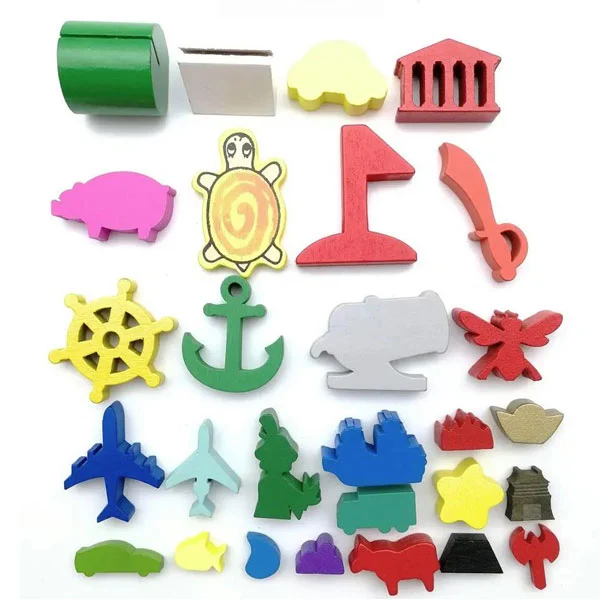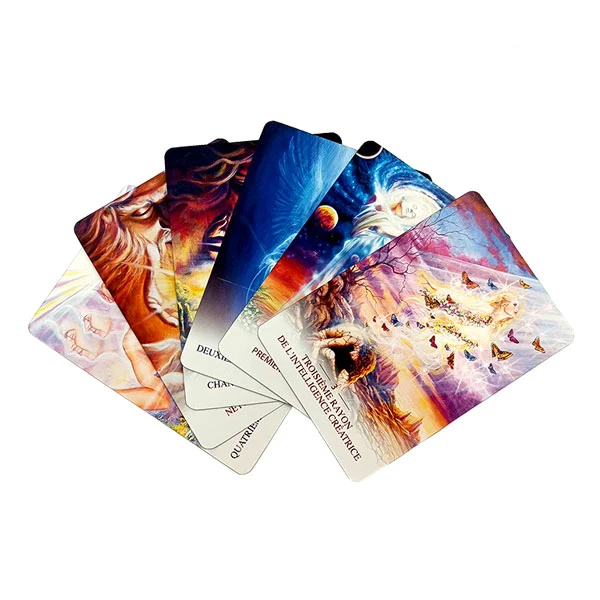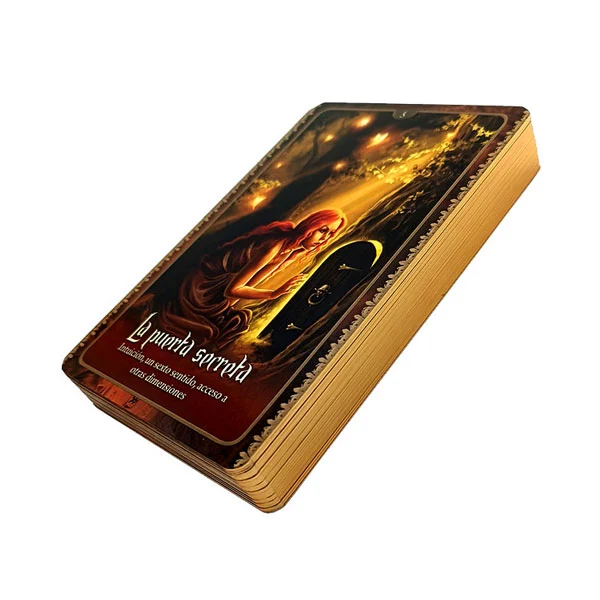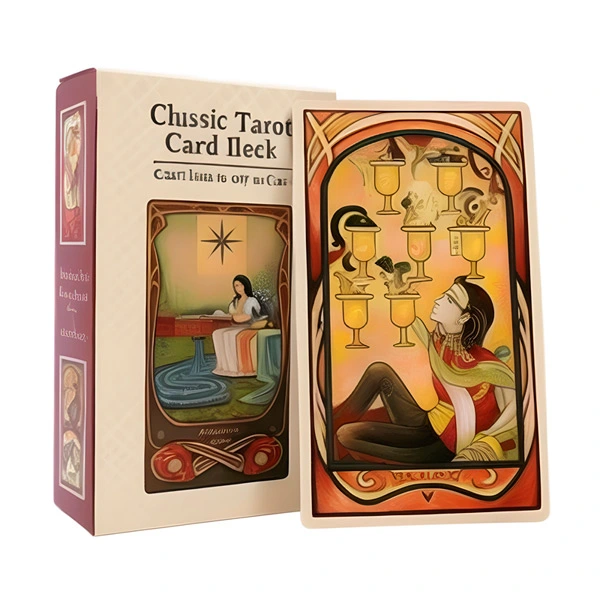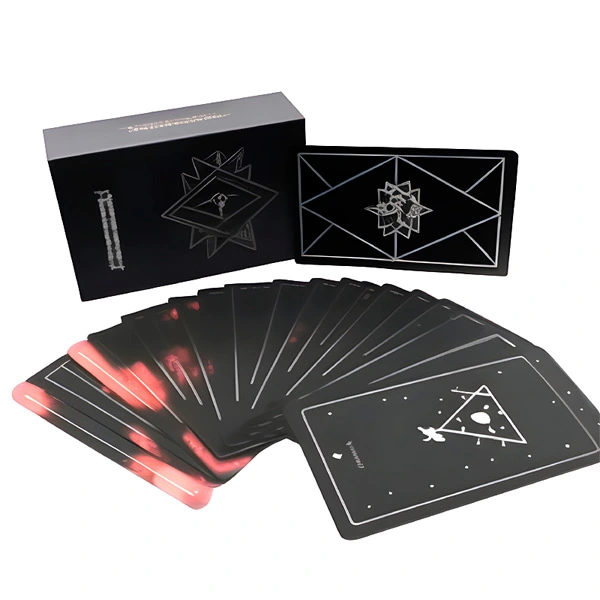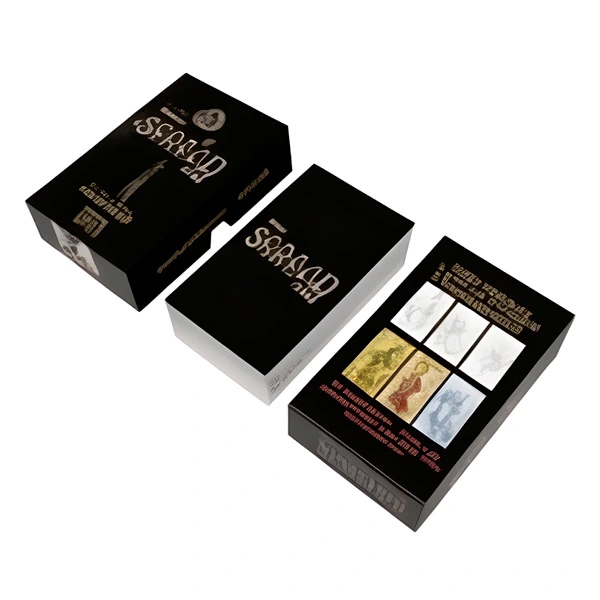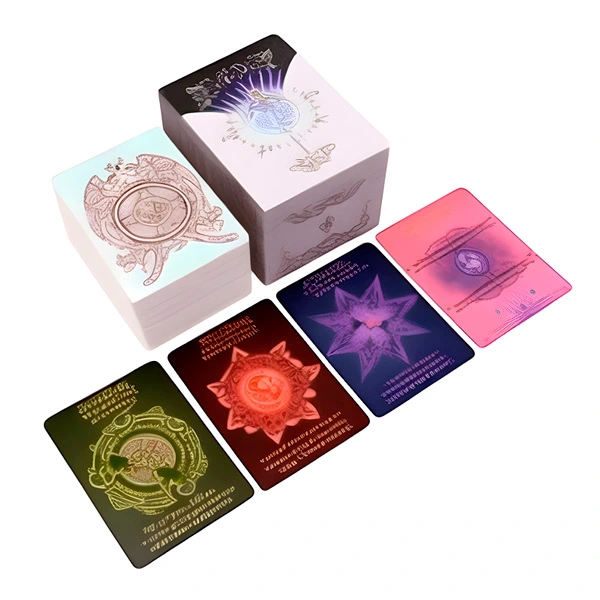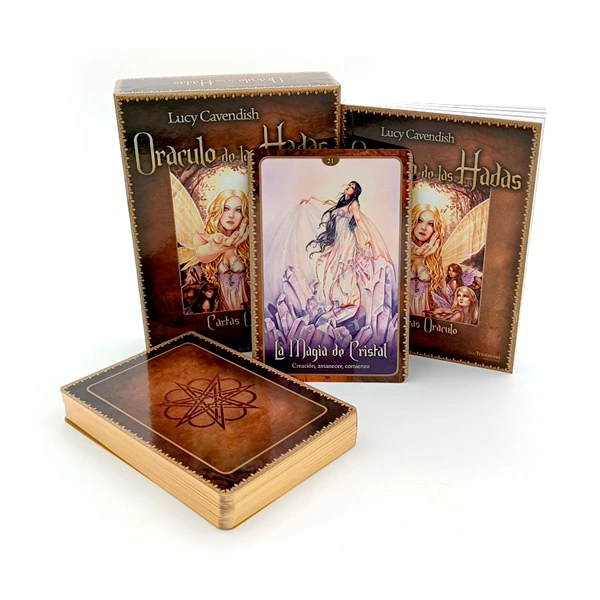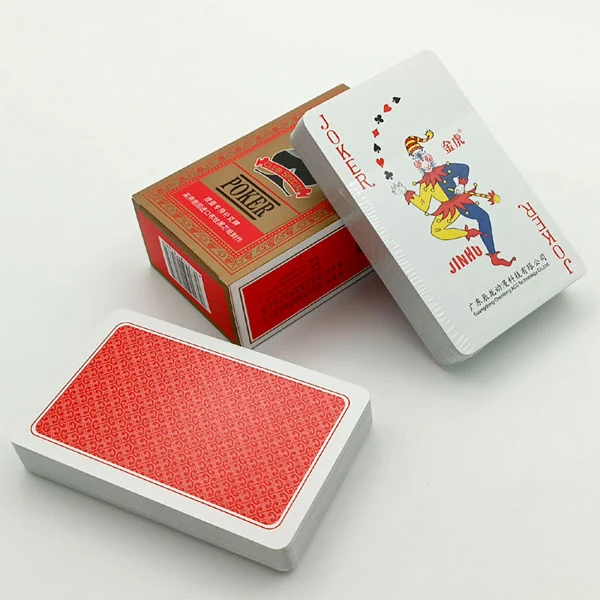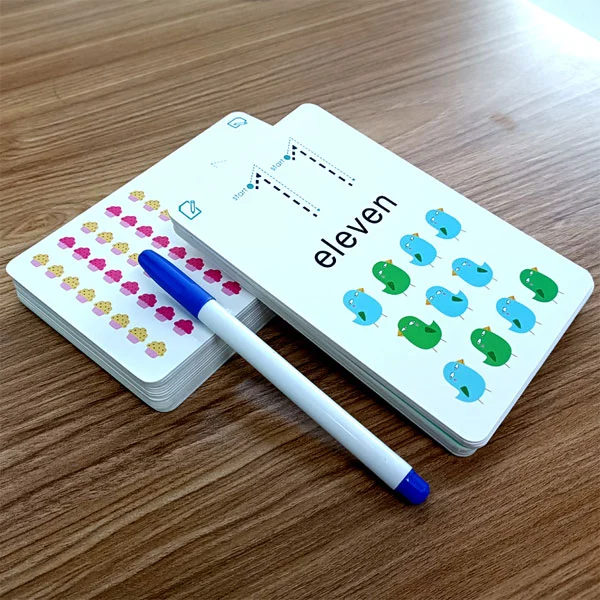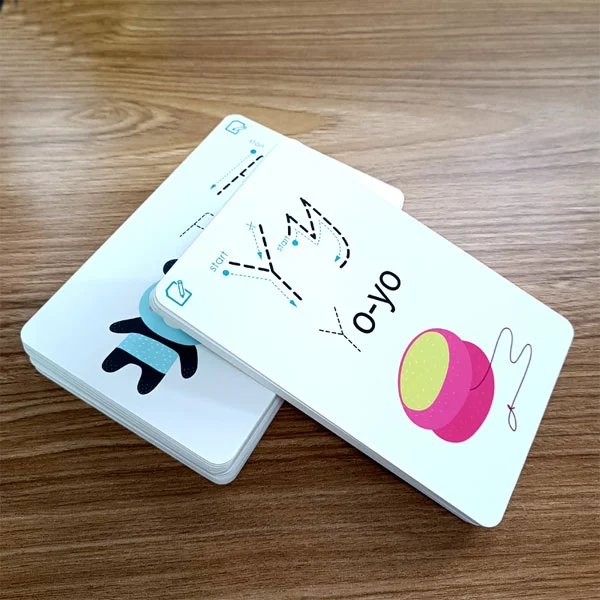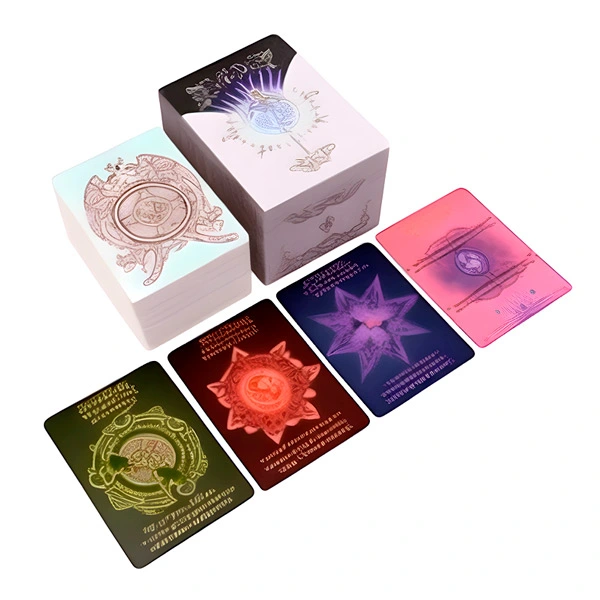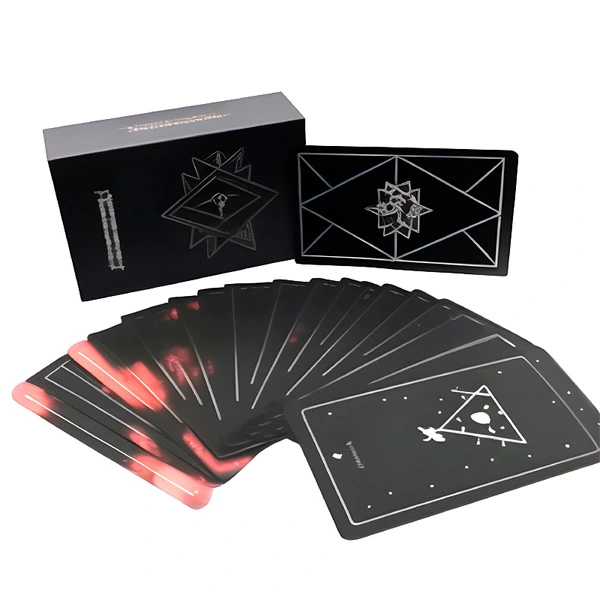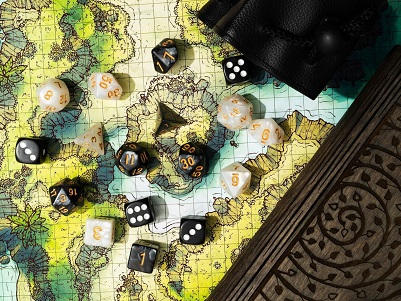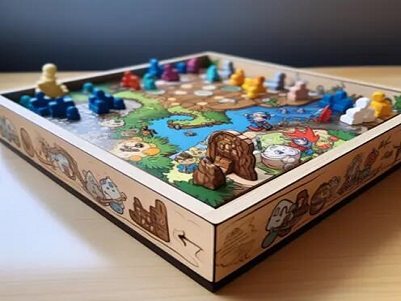Games are more than just a way to pass the time—they are a window into cultures, a means of socialization, and a challenge to our minds. Whether you're huddled around a table or sitting in a cozy corner, games offer endless hours of entertainment. Among the plethora of games available, board games and card games stand out as the most beloved categories. But have you ever wondered what makes them different? Let's dive into the nuances that set these two popular types of games apart.
Defining Board Games
What is a Board Game?
A board game is a type of game that is played with physical pieces or markers on a pre-marked surface, known as a board. These games typically involve a mix of strategy, luck, and sometimes skill, depending on the game. The objective varies widely, from reaching the end of a path, acquiring the most assets, or capturing opponents' pieces.
Common Elements of Board Games
The Board
The most defining feature of a board game is, of course, the board itself. The board serves as the primary space where the game is played. It can represent anything from a map, a battlefield, a track, or even an abstract grid.
Pieces and Tokens
Board games usually include various pieces or tokens that players move around the board. These pieces can represent characters, vehicles, resources, or other game elements, and their movement is typically governed by the rules of the game.
Dice and Spinners
Many board games use dice, spinners, or other randomizers to introduce an element of chance. Rolling dice or spinning a spinner determines how far a piece moves or what action a player can take, adding unpredictability to the game.
Popular Types of Board Games
Strategy Games
Strategy games like "Chess" or "Risk" require careful planning and decision-making. Players must think several steps ahead, considering their moves and predicting their opponents' actions.
Family Games
Family games, such as "Monopoly" or "The Game of Life," are designed to be accessible and enjoyable for all ages. They often involve a combination of luck and strategy, making them perfect for family gatherings.
Party Games
Party games like "Codenames" or "Pictionary" are designed for larger groups and focus on social interaction and fun rather than complex rules or strategies.
Defining Card Games
What is a Card Game?
Card games are played using a set of cards as the primary tool for gameplay. These games can range from simple and quick to complex and strategic, depending on the rules and objectives. Unlike board games, card games usually don't require a physical board, making them highly portable and versatile.
Common Elements of Card Games
The Deck of Cards
The heart of any card game is the deck itself. A standard deck typically consists of 52 cards, but many card games use specialized decks tailored to their specific rules.
Rules and Objectives
Each card game has its own set of rules that dictate how the cards are dealt, played, and how a player wins. The objectives can vary widely—from collecting a specific combination of cards to winning tricks or rounds.
Popular Types of Card Games
Trick-Taking Games
Trick-taking games like "Bridge" or "Hearts" involve players competing to win specific cards or "tricks" in each round. Strategy and careful planning are key to success in these games.
Collectible Card Games
Collectible card games like "Magic: The Gathering" involve players using customized decks to battle against one another. These games often have deep, evolving strategies and a vibrant community of players.
Casino Card Games
Casino card games like "Poker" or "Blackjack" are played in casinos and often involve betting. These games combine luck and skill, with players attempting to win money by having the best hand or beating the dealer.
Key Differences Between Board Games and Card Games
Physical Components
The most obvious difference between board games and card games is the physical components involved. Board games typically include a board, pieces, and other physical elements like dice or cards. In contrast, card games rely primarily on a deck of cards, with few additional components.
Complexity and Learning Curve
Board games often have more complex rules and a steeper learning curve compared to card games. They can involve multiple phases, intricate strategies, and a variety of components. Card games, on the other hand, tend to be quicker to learn and easier to set up, making them more accessible to beginners.
Game Duration
Board games usually take longer to play, with some games lasting several hours. Card games often have shorter durations, with rounds that can be completed in a matter of minutes. This makes card games ideal for quick sessions or casual play.
Player Interaction and Dynamics
Board games often require direct interaction between players, whether it's negotiating trades, forming alliances, or competing for resources. Card games also involve player interaction, but it’s usually more indirect, such as through the strategic play of cards or bluffing in games like Poker.
Portability and Accessibility
Card games are typically more portable than board games. A deck of cards can easily fit in a pocket or bag, making it easy to play anywhere. Board games, with their larger components and boards, are less convenient to transport and often require more space to play.
Advantages and Disadvantages of Board Games
Pros of Board Games
Strategic Depth: Board games often offer a deeper level of strategy and complexity, which can be highly rewarding for players who enjoy intricate gameplay.
Social Interaction: Many board games encourage direct interaction between players, fostering a social environment that can be great for group bonding.
Variety of Themes: From historical battles to fantasy adventures, board games cover a wide range of themes, offering something for everyone.
Cons of Board Games
Long Setup Time: Board games often require significant time to set up and explain the rules, which can be a barrier to entry for new players.
Space Requirements: Many board games need a large playing area, making them less convenient for small spaces.
Cost: High-quality board games can be expensive, especially those with detailed components and elaborate designs.
Advantages and Disadvantages of Card Games
Pros of Card Games
Portability: Card games are easy to carry around, making them perfect for travel or playing on the go.
Quick Setup: Most card games can be set up and played within minutes, making them ideal for short game sessions.
Affordable: Card games are generally less expensive than board games, with many being accessible at a low cost.
Cons of Card Games
Limited Strategic Depth: While some card games are highly strategic, many are simpler and may not satisfy players looking for deep, complex gameplay.
Less Thematic Variety: Card games are often more abstract, with fewer thematic elements compared to board games.
Player Count Limitations: Many card games have a limited number of players they can accommodate, which can be a drawback for larger groups.
Choosing the Right Game for Your Group
Group Size
When deciding between a board game and a card game, consider the size of your group. Board games often accommodate more players, but there are plenty of card games designed for large groups as well. Think about how many people will be playing and choose a game that works well with that number.
Skill Levels
Different games have different skill requirements. Board games might require a higher level of strategy and planning, while card games often rely on quick thinking and luck. Consider the skill levels of the players and choose a game that everyone can enjoy.
Time Available
If you only have a short amount of time, a card game might be the better choice due to its quicker setup and gameplay. For longer game nights, a board game can provide more extended entertainment.
Board games and card games each offer unique experiences that cater to different preferences and situations. While board games are known for their complexity, thematic depth, and social interaction, card games stand out for their portability, quick setup, and ease of play. Understanding the differences between these two types of games can help you choose the right one for your next game night. Whether you're planning a family gathering, a party with friends, or just looking for a quick game on the go, there's a perfect game out there for you.


